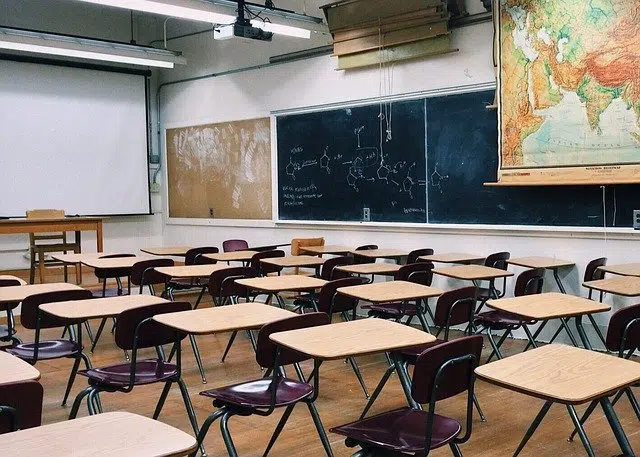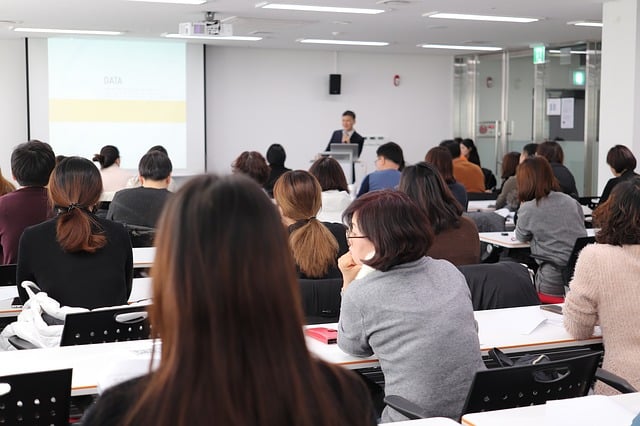
An educational system is made up of the institutions, agents and resources that make it possible to educate the community.
The ordered set of elements that interact with each other and are interrelated is known as a system . Educational , for its part, is that which is linked to education (the process that, through the transmission of knowledge, allows the socialization of people).
An educational system , in this way, is a structure made up of various components that allow the population to be educated. Schools , universities , libraries and teachers , among others, are part of this system.
The State and the educational system
The State is responsible for the management and regularization of the educational system. Through the Ministry of Education or similar organizations, rulers lay the foundations for the development of education in a territory. In this way, the study programs are defined and the basic guidelines for schooling are established, among other issues.
In the educational system, however, the State does not act alone. Although there are state-administered educational institutions (which make up what is known as public education ), there are also private actors who provide education as a service and who, therefore, seek revenue from their activity. In the educational system, therefore, public schools and private schools, public universities and private universities, etc. coexist.
As access to education is part of human rights , the State must guarantee that the educational system includes all people. All citizens must have the possibility of completing compulsory education and accessing higher levels that allow them to train and function successfully in society .

Universities make up the educational system of a nation.
The example of Finland
One of the existing educational systems that has become a benchmark throughout the world because it is considered to ensure that students leave spectacularly educated is that of Finland. And this has been determined through the latest Pisa reports that have been carried out.
Specifically, we can say that it is based on the following pillars:
-Education is completely free and all children can access it. It is established that it is mandatory for children between 7 and 16 years old. Precisely in this aspect, the fact that you do not pay for books or for the school cafeteria or for school transportation is relevant.
-Students with special educational needs are clearly supported, education is personalized as long as the learning pace of each child is respected and standardized tests are left aside.
-The school days are shorter, almost no homework is sent home and the little ones in Primary, for example, only have class three or four days a week.
-Students do not start receiving grades and taking exams until they are 11 years old.
-Teachers within the Finnish educational system are not only highly qualified professionals but also highly valued. It should also be noted that they do not have as many teaching hours as their counterparts in other countries in the world.
